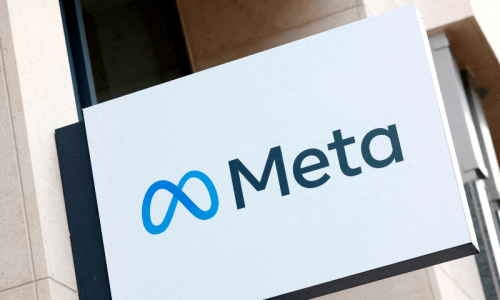Google has agreed to delete billions of records and submit to some restrictions on its power to track users, under the terms of a proposed legal settlement, BBC News reported.
The deal aims to resolve a class action lawsuit brought in the United States in 2020, which had accused the tech giant of invading people’s privacy by collecting user data even when they were browsing in ‘private mode’.
The suit had sought $5 billion in damages. Google is supporting the deal, though it disputes the claims. It has already made changes in response to the lawsuit.
The data deletion will also apply outside of the United States.
Tech giant accused of invading people’s privacy by collecting user data
In January, shortly after the two sides announced plans to settle the case, the company updated its disclosures to make it clear that it still tracked user data even when users opted to search privately or using its “Incognito” setting.
That mode provides some increased privacy because it does not save the browsing activity to the machine being used.
Google settles lawsuit for ‘private mode’ tracking That same month, the firm said it was starting to trial a feature that would automatically block third-party cookies, which help track user activity, for all Google Chrome users.
It had made that block automatic for Incognito users shortly after the lawsuit was filed in 2020 and has agreed to ensure that limit is in place for five years, according to the terms of the settlement deal, filed on Monday in federal court in San Francisco.
On Monday, Google also agreed to delete “hundreds of billions” of private browsing data records it had collected, the court filing said.
“We are pleased to settle this lawsuit, which we always believed was meritless,” Google spokesman Jorge Castaneda said in a statement, noting that the company would not be paying any damages.
“We are happy to delete old technical data that was never associated with an individual and was never used for any form of personalisation.”
Google is still facing lawsuits from individuals over privacy violations, which could lead to financial penalties.
Lawyer David Boies of Boies Schiller Flexner LLP, who represented users in the fight, called the deal an “historic step in requiring honesty and accountability from dominant technology companies”.
The lawsuit had claimed that despite its suggestions to the contrary, Google had tracked users’ activity even when they set the Google Chrome browser to Incognito mode and other browsers to private mode.
The legal battle revealed documents in which Google employees described Incognito as “effectively a lie” and “a confusing mess”, according to court filing.
Last year, Judge Yvonne Rogers rejected Google’s bid to have the case dismissed, saying she could not agree that users consented to allowing Google to collect information on their browsing activity.
The deal will now go to the court for approval.
The settlement comes as big tech firms are facing increased scrutiny of their practices in the US and beyond.
In the US, Google and its parent company Alphabet are facing two separate monopoly cases brought by the federal government.
It has also recently settled a number of other suits.
It paid nearly $400 million (£318m) in 2022 to settle claims brought by US states that it tracked the location of users who had opted out of location services on their devices.
In December 2023, it also agreed to a $700m (£557m) settlement to resolve a lawsuit brought by a group of US states that had accused it of quashing competition to its Play Store on Android devices.
Published in Dawn, April 3rd, 2024














































Dear visitor, the comments section is undergoing an overhaul and will return soon.